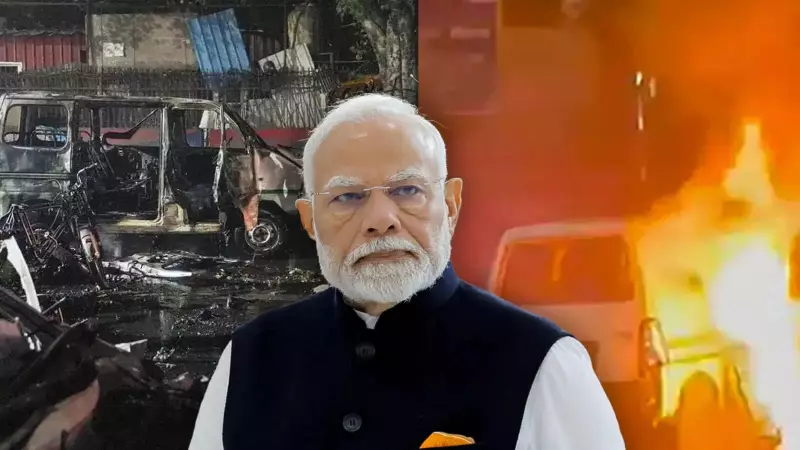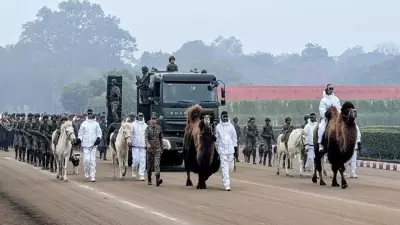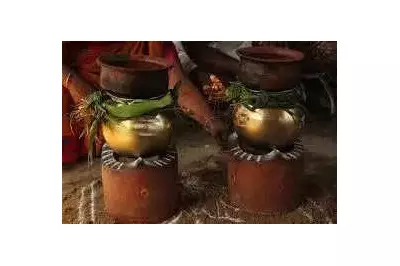
Former US President Donald Trump has made a stunning reversal in his position on India-US relations, just days after expressing concerns about India's growing ties with China. The dramatic shift comes amid escalating trade tensions and India's continued engagement with Russia and China at international forums.
Trump's Diplomatic Whiplash
In a remarkable turn of events, Trump first expressed disappointment about India's perceived pivot toward China, suggesting the United States had lost India to Chinese influence. However, within a short span, the former president completely reversed his position, emphatically stating that Modi and I will always be friends.
The initial comments had created significant diplomatic ripples, with Trump's trade adviser expressing outrage over the growing bonhomie between Indian Prime Minister Narendra Modi, Russian President Vladimir Putin, and Chinese President Xi Jinping during the recent SCO summit.
Trade War Escalation and India's Response
The diplomatic drama unfolded alongside significant trade escalations. Trump declared economic war by imposing additional 25% tariffs on Indian goods, a move seen as retaliation for India's refusal to sever ties with Russia and stop purchasing Russian oil.
India received what amounted to a 24-hour ultimatum from Trump's camp to cease buying Russian oil or face consequences. The强硬 stance came as India continued to defy Western pressure regarding its energy imports from Russia.
Prime Minister Modi responded to the tariff threats during his engagements at the SCO summit, where he met with both Putin and Xi. Modi strongly criticized what he termed selfish economies and their approach to international trade, delivering a sharp rebuke to Trump's tariff policies.
Regional Developments and Security Concerns
Amid the international diplomatic tensions, Modi made his first visit to Jammu and Kashmir following the Pahalgam attack, where he delivered a significant declaration. The Prime Minister accused Pakistan of attacking Kashmiriyat, the unique cultural identity of Kashmir, while reaffirming India's position on the region.
Separately, tragedy struck in Sikkim where a landslide hit an Indian Army camp after the River Teesta swelled unexpectedly. The incident resulted in three personnel killed and six others missing, highlighting the ongoing challenges faced by security forces in difficult terrain.
Meanwhile, Congress leader Shashi Tharoor mocked Pakistan's Kashmir aspirations during a speech in Guyana, stating they want something they don't have, in a clear reference to Pakistan's claims over Indian territory.
International Implications
The developing situation represents a significant shift in global alliances and trade relationships. India's continued engagement with both Russia and China at the SCO summit, despite pressure from the United States, signals New Delhi's commitment to maintaining strategic autonomy in foreign policy.
The trade tensions come at a delicate time for international relations, with Russia's Lavrov declaring that Putin won't meet Ukrainian President Zelensky, adding another layer of complexity to global diplomacy.
As the situation develops, the world watches closely to see how the relationship between two of the world's largest democracies evolves amid competing economic interests and strategic considerations.





